“Our first teachers are our feet, our hands, and our eyes. To substitute books for all these is but to teach us to use the reason of others." Jean-Jacques Rousseau
- Story by James Inabinet, PhD
Somehow, though, we are comfortable with these conflicting views. Trouble begins, I think, when we privilege what we think and know from books or screens at the expense of experience. Ordinary third-graders are now expected to learn about trees by reading about them or by gazing at photographs in a book or computer. Effectively removed from actual trees, these students come to know them devoid of sensual experience, without ever looking closely, without feeling the difference in texture between magnolia and beautyberry leaves, without smelling the difference between crushed bayberry and red bay leaves, without smelling the root beer scent of sassafras roots. Inside sterile rooms these students sit with their books, bored to death, engaged not in their own reason, but in Rousseau’s “reason of others.” In many ways the whole of modern culture has given over experience in favor of thinking. We have learned more from books about how trees grow and make leaves and feed squirrels and birds and bugs than we know about the tree in our front yard – if we even have one anymore [it might fall on my house in a storm].
Oh, but the living green world that I see outside my forest home is more vivid than any words can convey. I wonder how much we have given up sitting in classrooms, looking at books, staring at screens? Nature beckons me; it calls me home, to the direct experience of moving suns. The natural world is directly experienced with a body first – feet, hands and eyes – the initial basis for any knowledge. I am sitting here at the edge of the forest looking at a red bay, its lance-shaped leaves deformed by galls; crossing branches hold a squirrel nest; a bevy of pines loom behind it. No book can tell me this, no screen can convey the whole of it; the smell of the leaves – try to describe that. In these ways and myriad others, a body first comes to know a tree tacitly. Tacit means silent, without recourse to words or why or how. Tacit knowing is like typing. If we think, we can no longer do it. We experience the world first with our bodies: feet, hands, and eyes. The very act of living in a body necessitates experience — that’s what it’s there for! In this way, my body is more a means for communion with the world than a boundary that separates.
So, what does the world of hands, feet, and eyes actually tell me? From far above I might experience the earth as kind of flat. Were I to gaze down like a soaring eagle, I might see brown and green earth, blue Gulf. I might see a bay-side city-scape dotted with houses, painted-on like a pointillist might put onto canvas. This flat circle earth is a mandala world of rich color-in-motion. The winds of the four directions nourish me as I soar at its center. The morning sun on this stationary earth rises everyday without fail, arcs steadily overhead, and finally sets late in the afternoon. This moving sun is our experience, based on the inner workings of a life-world that’s actually lived. The very concept of motion, of rest, of time, of space, is derived from Earth, is relative to Earth. I can watch the dome of the sky on any night turn around Polaris until the light of the sun obliterates the view. I can feel its movement as Orion descends below the horizon and Cassiopeia moves upward into view. Experience is the birthplace of meaning. A nameless aborigine said: “Whatever one sees is a reflection of oneself.” What kind of reflection does a disembodied mind see? What meaning is derived? Is that what we want… or does it leave us hungry? He continues, “this is not taught in schools; this is what the cuckoo taught me on the cliffs of Cornwall.”
Comments are closed.
|
Categories
All
Archives
July 2024
|
Shoofly Magazine Partners
Our Shoofly Partners are local businesses and organizations who share our mission to enrich community life in Bay St. Louis, Waveland, Diamondhead and Pass Christian. These are limited in number to maximize visibility. Email us now to become a Shoofly Partner!

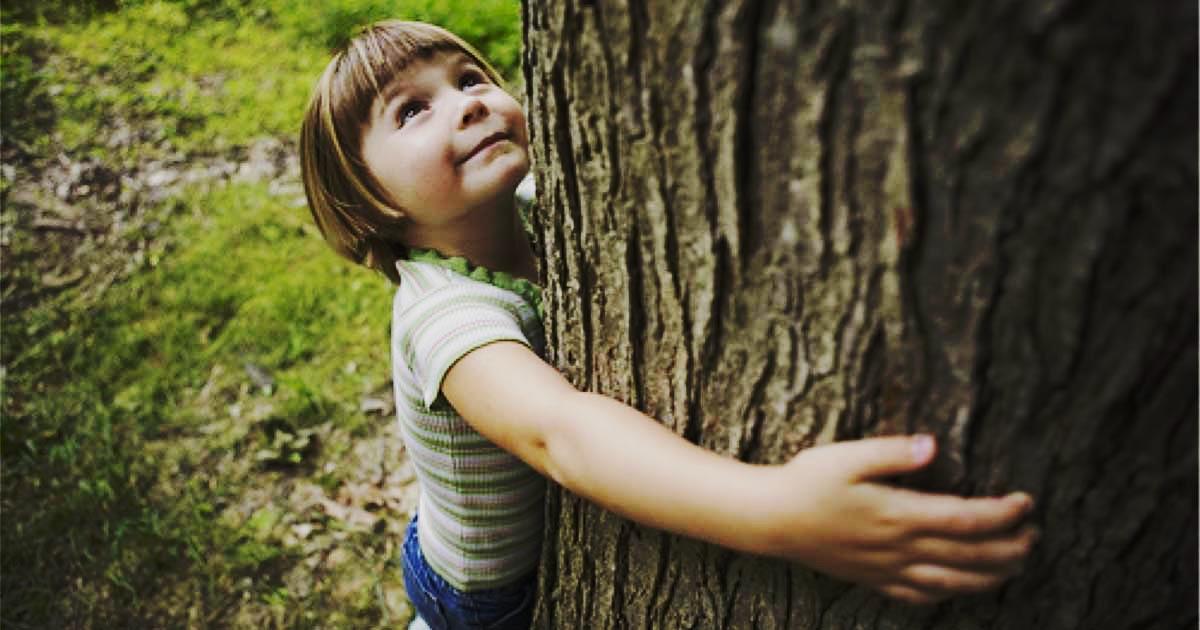
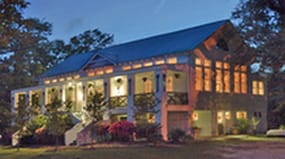


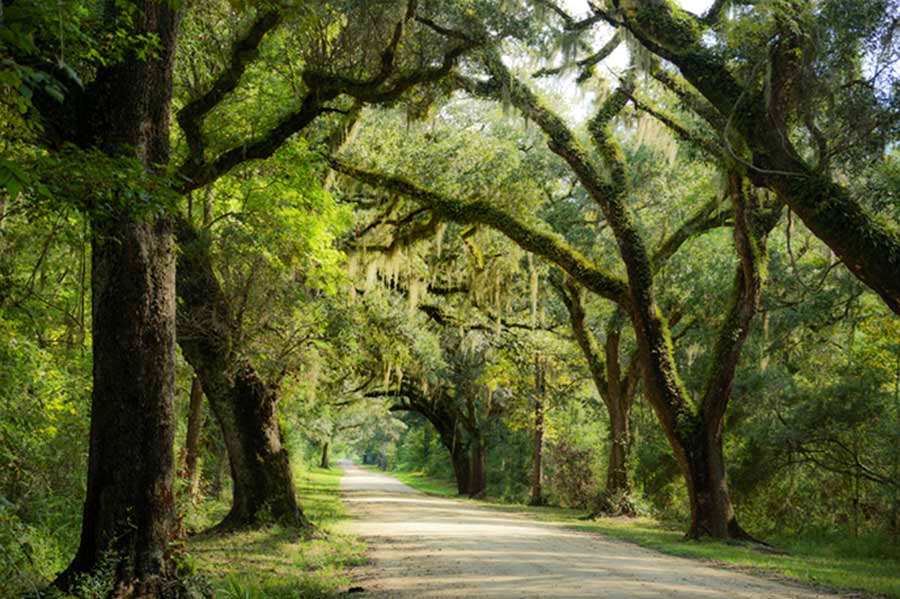
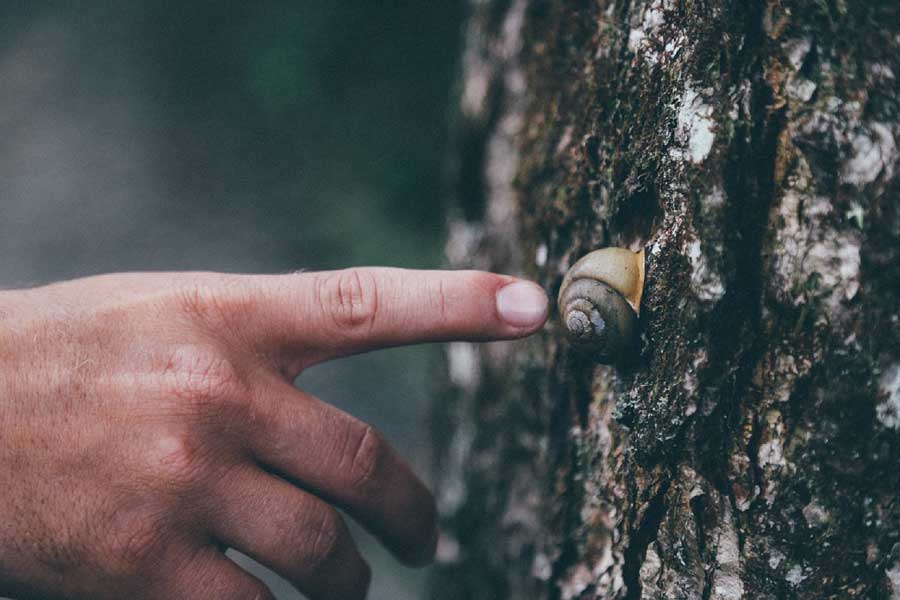
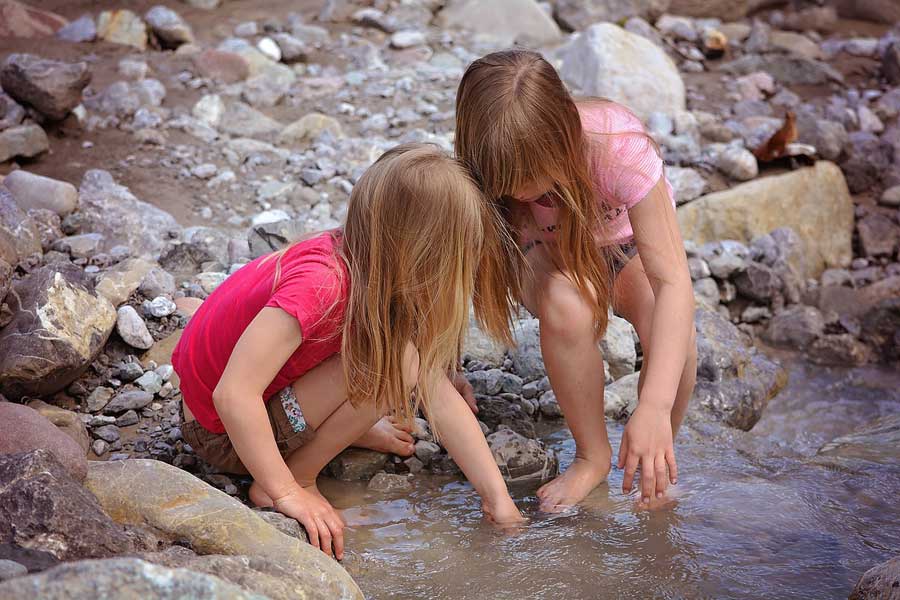
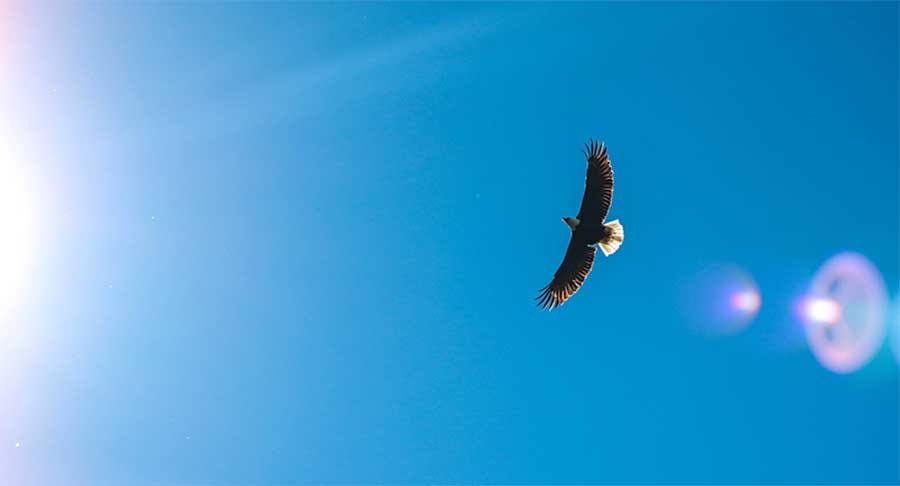

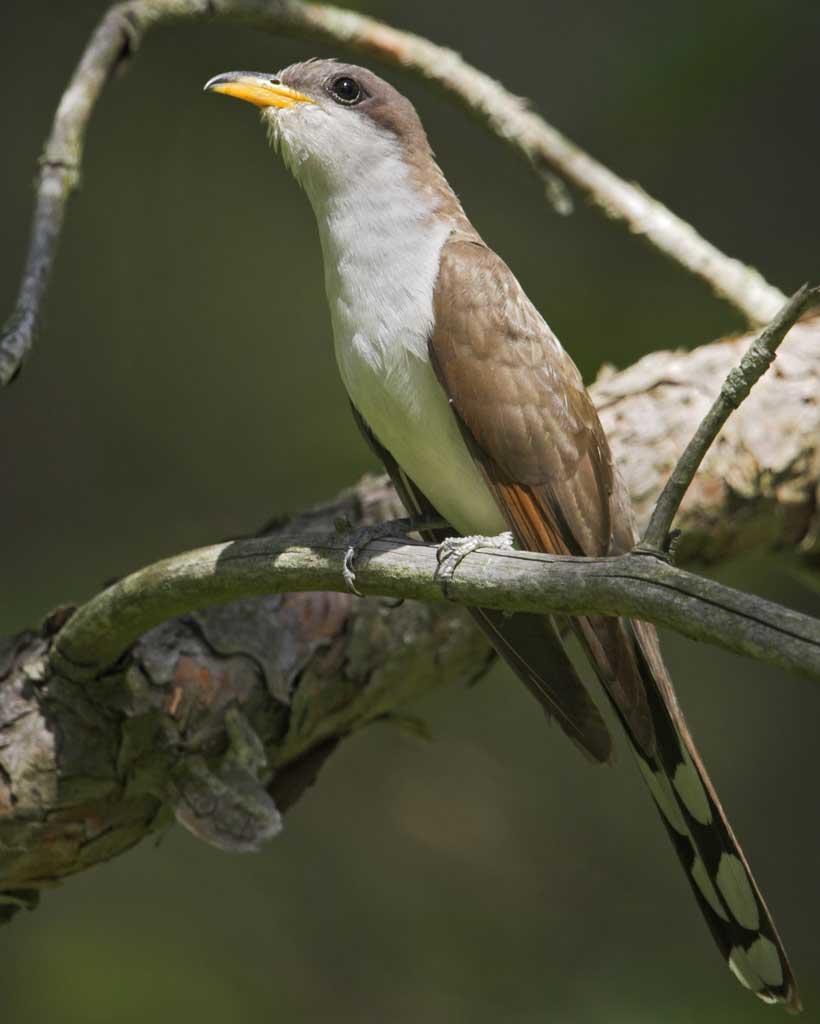
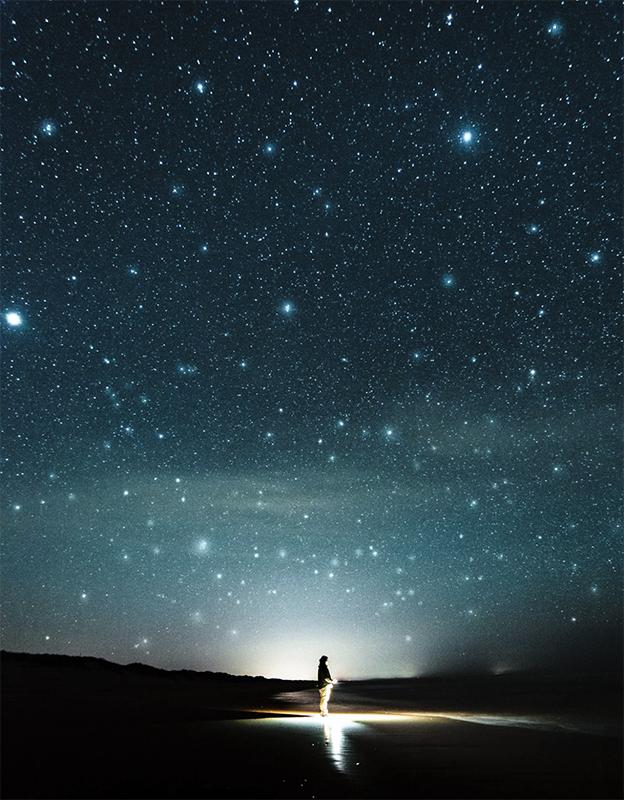

























 RSS Feed
RSS Feed























